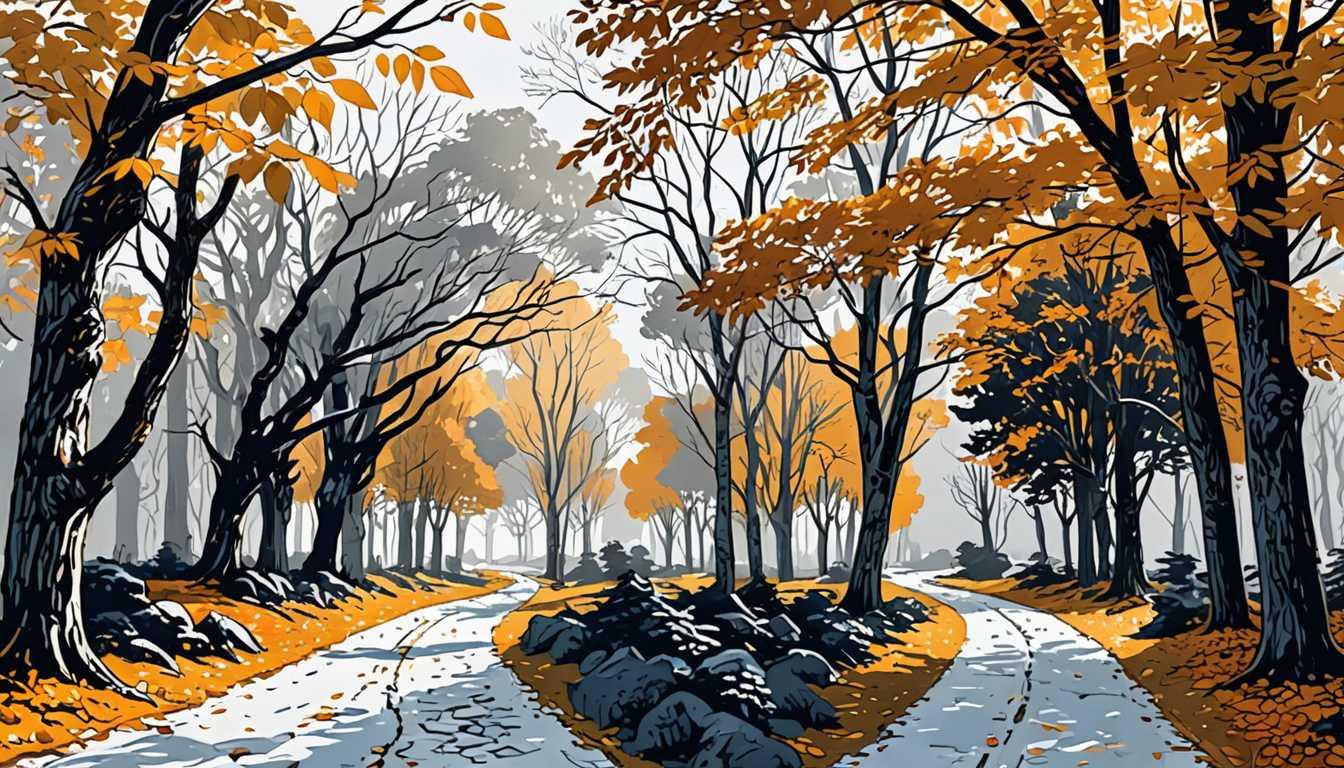Meadows Triumph in Cambridge Study
May 2023
University of Cambridge
Introduction
Dive into the green revolution at the University of Cambridge, where Dr. Cicely Marshall's study reveals a wildflower meadow's triumph over traditional lawns. This meadow isn't just a feast for the eyes; it's a biodiversity hotspot, hosting thrice the number of plant, spider, and bug species, including conservation-designated ones. The meadow's magic doesn't end there—it's a climate warrior too, reflecting more sunlight and saving carbon emissions. Ready to explore how this mother meadow is seeding change? Unearth the full story from the University of Cambridge's insights.
READ FULL ARTICLEWhy It Matters
Discover how this topic shapes your world and future
The Meadow Revolution - Greening Our Future
Why does swapping out a neatly trimmed lawn for a wildflower meadow matter? Imagine a world where every patch of green contributes more actively to our planet's health. Dr. Cicely Marshall's research showcases a small change with big implications: a wildflower meadow not only nurtures a richer variety of life but also stands stronger against climate change compared to traditional lawns. This research isn't just about plants; it's about reimagining our relationship with our environment. By understanding the ecological, social, and climate benefits of meadows, you can start to see your own backyard in a new light. This isn't just science; it's a call to rethink norms and embrace a more sustainable and vibrant future. How cool would it be to be part of a movement that not only beautifies spaces but also supports our planet and its diverse inhabitants?
Speak like a Scholar
Biodiversity
The variety of life in the world or in a particular habitat. A higher biodiversity means a healthier, more resilient ecosystem.
Resilient
The ability of an ecosystem to recover from disturbances or withstand challenging conditions.
Carbon emissions
The release of carbon dioxide into the atmosphere. It's a major contributor to climate change.
Urban heat island effect
The phenomenon where urban areas are significantly warmer than their rural surroundings, mainly due to human activities.
Social norms
Accepted behaviors within a society or group. They can influence people's actions and decisions.
Conservation designations
Official statuses given to species or habitats that require protection due to their environmental importance or threatened status.
Independent Research Ideas
Exploring the role of urban meadows in pollinator conservation
Investigate how converting small urban green spaces into meadows can support bee and butterfly populations. This project could reveal important insights into urban conservation strategies.
The psychological impact of green spaces on urban residents
Study how different types of green spaces (lawns vs. meadows) affect mental health and community well-being. It's fascinating to consider how nature shapes our psychological landscape.
Analyzing the carbon sequestration potential of wildflower meadows
Dive into how meadows capture carbon dioxide and compare it to traditional lawns. This research could highlight important strategies in the fight against climate change.
The effect of meadow creation on local temperature and microclimates
Examine how meadows can influence temperature and microclimate conditions in urban settings. This could offer innovative solutions to combat the urban heat island effect.
Social dynamics of environmental change initiatives
Explore how social norms and community leadership can encourage or hinder the adoption of sustainable practices like meadow planting. Understanding the human element could unlock new pathways to environmental action.
Related Articles

Microbes: The Plastic-Munching Heroes
May 2023
Smithsonian Magazine

Forests at a Crossroads: Act Now
November 2023
University of Cambridge

Roads: Lifelines or Death Traps?
September 2023
Smithsonian Magazine

Europe's Rivers: Breaking Free
May 2020
Phys Org

Tree Planting: A Hotter Arctic Surprise
November 2024
U of Cambridge Research